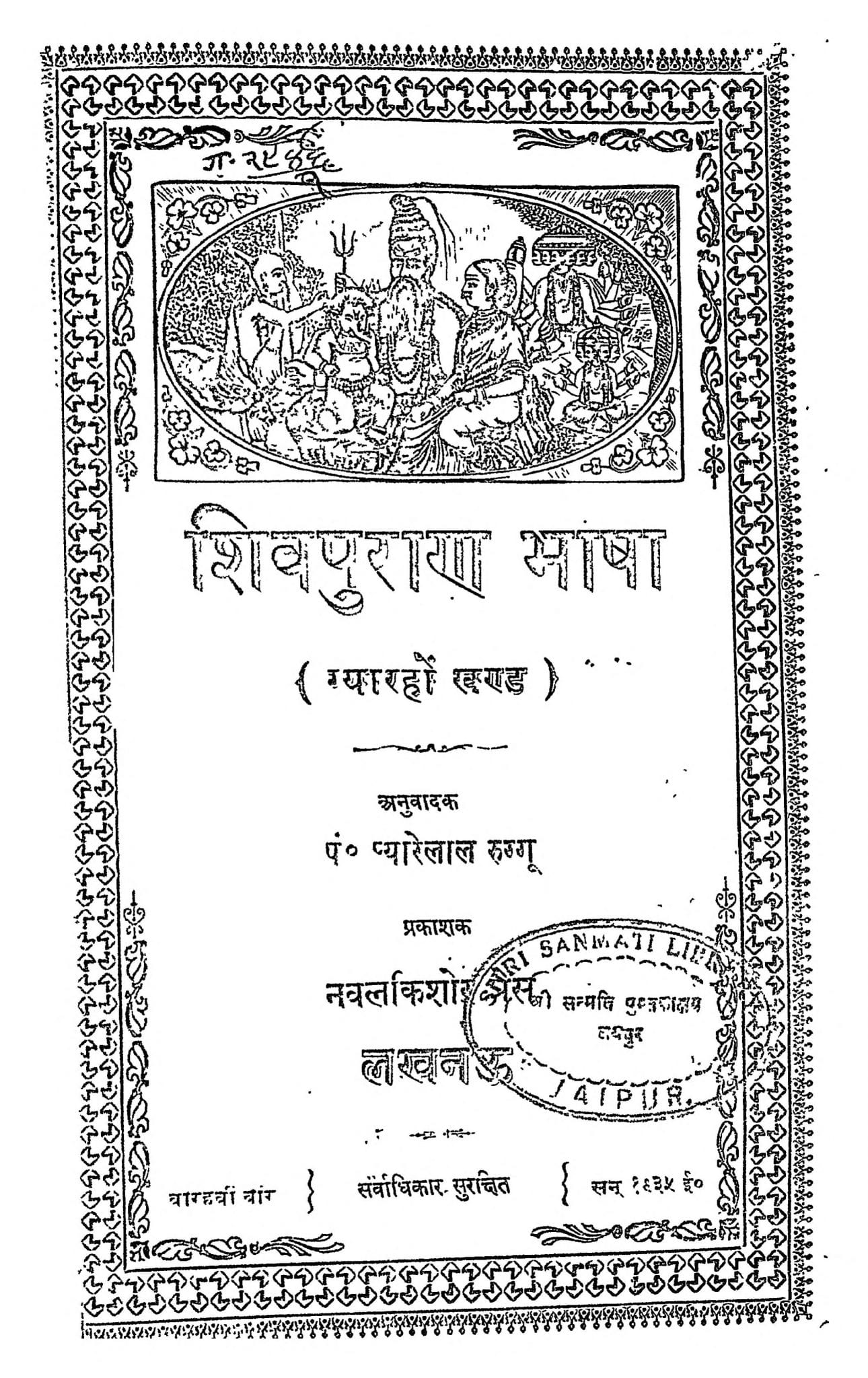

that is where you make it a business transaction and tend to be selfish. One should do good because that is who they are, their DNA and not to expect good being done to them too. this very expectation of doing good and expecting the same to happen is flawed logic and when it backfires it causes grief and in some cases even changes the outlook of a person. 2 main causes of grief / suffering are desire and expectations. However, this very mindset is the cause of grief for later stages in life. It used to be fun throwing this around for every situation now and then but the deeper meaning behind it is mindblowing.Īnalysis - If we do a good deed we expect good to happen to us or at the very least a thank you from the person. and that stands true for the other puraad's as well (i won't even start talking about the vedas here).Įx: as part of hinduism we have always heard the adage - Neki kar, dariya mei daal (do good, bundle it up and throw in a lake). but it's only when one starts shedding the mindset of the various bias and associated inferences that you start to comprehend the teachings behind it. I have tried to read it 3-4 times and it is all very good from a stories perspective like i said. Translating it in English leads to a loss of the actual meaning behind. Reading it as a collection of various stories is all good fun but trying to understand the deeper meaning behind (hindi - goodh arth) requires a different kind of awakening. However, the Shiv Puraada (in Hindi with a lot of Sanskrit imbibed) is extremely difficult to comprehend for mere mortals like me. I appreciate the effort to translate Shiv puraada into English to reach a wider audience and hence the 3 stars for that effort. Translating I will take the neutral stance here. Allow me to explain: I appreciate the effort to translate Shiv puraada into English to reach a wider audience and hence the 3 stars for that effort.


 0 kommentar(er)
0 kommentar(er)
